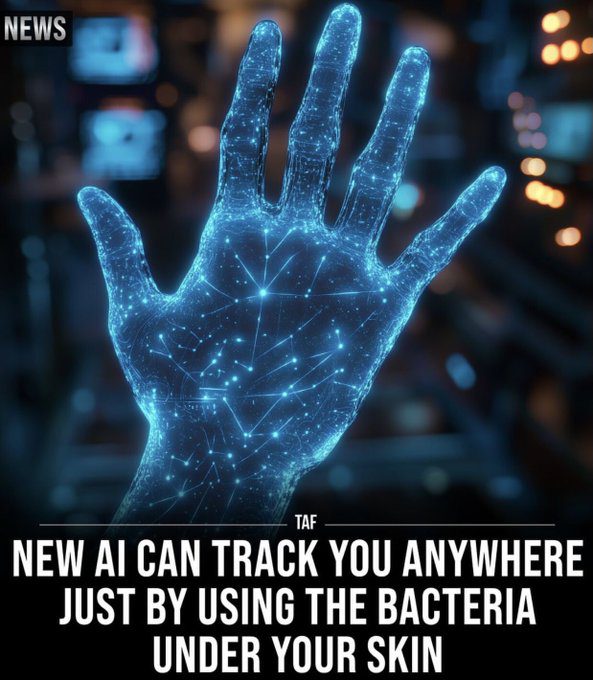Forget GPS: The Future of Travel Tracking with AI and Microorganisms
Researchers at Lund University in Sweden have developed a groundbreaking AI tool that could revolutionize how we track travel history. The Microbiome Geographic Population Structure (mGPS) system leverages microorganisms found on human skin to determine where an individual has been. These microorganisms, which vary by region, act as unique ‘microbial fingerprints,’ revealing recent travel locations based on the distinct bacteria of each area.
This innovation has the potential to transform various fields, including forensic science, healthcare, and environmental studies. By analyzing region-specific microbial communities, the mGPS system offers a fascinating glimpse into the intersection of biology and AI. This technology could be particularly useful in forensic science, where determining a person’s travel history can be crucial in criminal investigations.
Applications in Forensic Science
The mGPS system’s ability to pinpoint travel history through microbial analysis could be a game-changer for forensic science. Traditional methods of tracking a person’s movements often rely on GPS data, which can be manipulated or unavailable. The mGPS system, however, provides a more reliable and tamper-proof method of determining where someone has been. This could significantly enhance the accuracy of criminal investigations and potentially lead to higher conviction rates.
Healthcare and Environmental Studies
Beyond forensic science, the mGPS system has significant implications for healthcare and environmental studies. In healthcare, understanding the microbial communities on a person’s skin can provide insights into their exposure to different environments and potential health risks. For instance, certain bacteria are known to be associated with specific diseases, and tracking these bacteria could help in early diagnosis and treatment.
In environmental studies, the mGPS system can be used to monitor the spread of microorganisms across different regions. This could be particularly useful in tracking the spread of diseases or understanding the impact of environmental changes on microbial communities.
The Role of AI in Decoding DNA
The development of the mGPS system is part of a broader trend of using AI to decode complex biological information. For example, the Biotechnology Center (BIOTEC) of Dresden University of Technology has developed GROVER, a large language model trained on human DNA to decode the complex information in our genome. GROVER treats DNA as a language, learning its rules and context to extract biological meanings, such as gene promoters and protein binding sites. This has significant implications for genomics, personalized medicine, and disease understanding. More details can be found in the article AI Helps Decode the Language of DNA.
Potential Disruptions and Ethical Considerations
While the mGPS system and similar AI-driven technologies offer numerous benefits, they also raise ethical considerations. The use of personal biological data for tracking purposes must be carefully regulated to ensure privacy and prevent misuse. Additionally, there are concerns about the potential for discrimination based on microbial data, particularly in healthcare settings.
The development of AI tools like the mGPS system highlights the need for robust ethical guidelines and regulations to protect individuals’ privacy and ensure the responsible use of technology. As these technologies continue to evolve, it will be crucial to balance innovation with ethical considerations to maximize their benefits while minimizing potential risks.
Related Articles
- This Man Traveled Almost 10,000 Miles Using Augmented Reality
- New AI Technology to Detect Road Defects in Dubai
- Top 5 AI Apps for Travel
- Model-Based Design AI Accelerate Medical Innovation
- 5 Best AI Apps You Should Know in 2023
Looking for Travel Inspiration?
Explore Textify’s AI membership
Need a Chart? Explore the world’s largest Charts database
